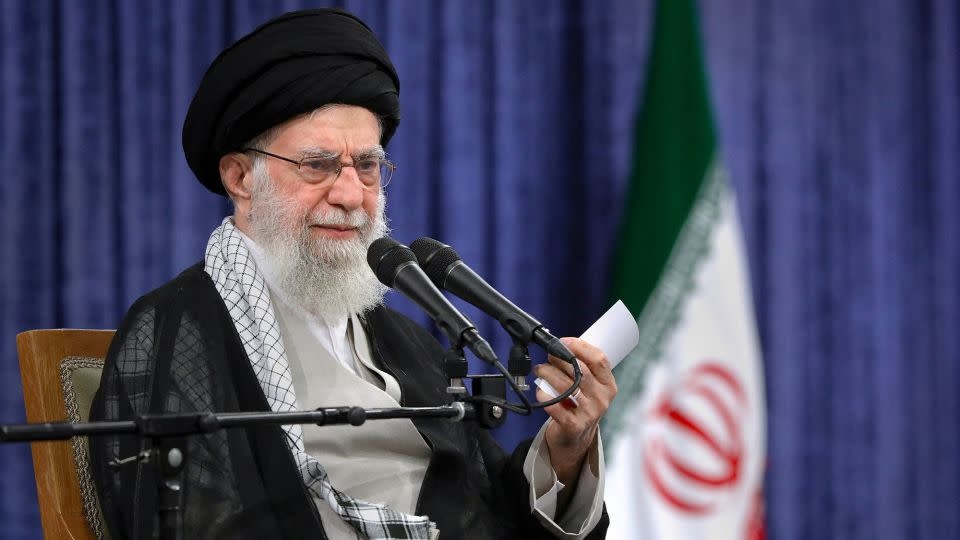Tehran has warned Washington that no diplomatic talks can resume unless the U.S. promises to stop further military strikes.
Iran’s Deputy Foreign Minister, Majid Takht-Ravanchi, made the statement in an exclusive interview with the BBC.
He said U.S. officials had sent messages through mediators expressing interest in restarting talks.
But Washington had failed to clarify its position on future attacks during negotiations.
“This is a very important question,” Takht-Ravanchi said. “Will there be more aggression while we are at the table?”
Talks were expected to continue in Muscat on June 15 but were halted after Israel launched major strikes on Iran.
The Israeli operation, which began on June 13, targeted nuclear sites, commanders, and scientists.
In response, Iran launched missiles at Israeli targets. The U.S. later bombed three nuclear facilities: Fordo, Natanz, and Isfahan.
The U.S. claimed to have crippled Iran’s nuclear capability, but experts dispute the scale of the damage.
IAEA chief Rafael Grossi said the strikes caused “severe but not total” damage.
The U.S. President Donald Trump, however, declared the sites were “totally obliterated.”
Grossi warned Iran could resume uranium enrichment in “a matter of months.”
Takht-Ravanchi said he couldn’t confirm that assessment.
He also rejected claims that Iran was pursuing nuclear weapons.
“We insist our programme is for peaceful purposes,” he said. “We were denied nuclear material, so we had to be self-reliant.”
Iran’s enrichment of uranium up to 60% has raised concerns internationally.
Under the 2015 nuclear deal, Iran was only allowed to enrich to 3.67%.
Trump withdrew from that agreement in 2018, citing security concerns and reinstating sanctions.
Since then, Iran has breached the deal’s terms, including resuming enrichment at Fordo in 2021.
The IAEA says Iran now has enough 60% uranium to potentially build nine bombs.
Iran’s parliament recently moved to suspend cooperation with the IAEA, accusing the agency of bias.
Takht-Ravanchi said Iran would not accept a deal that demanded “zero enrichment.”
He called such demands “the law of the jungle.”
Asked about returning to talks in exchange for sanctions relief, he replied: “Why should we agree to such a proposal?”
He also denied reports that the U.S. aimed to change Iran’s regime by targeting its Supreme Leader.
“Our people may criticize the government,” he said. “But they unite against foreign aggression.”
Iran’s ceasefire with Israel is still holding, but Takht-Ravanchi said it may not last.
Iran’s Gulf allies, including Qatar, are working behind the scenes to promote diplomacy.
“We do not want war,” he concluded. “But we must remain alert and not be caught off guard again.”







